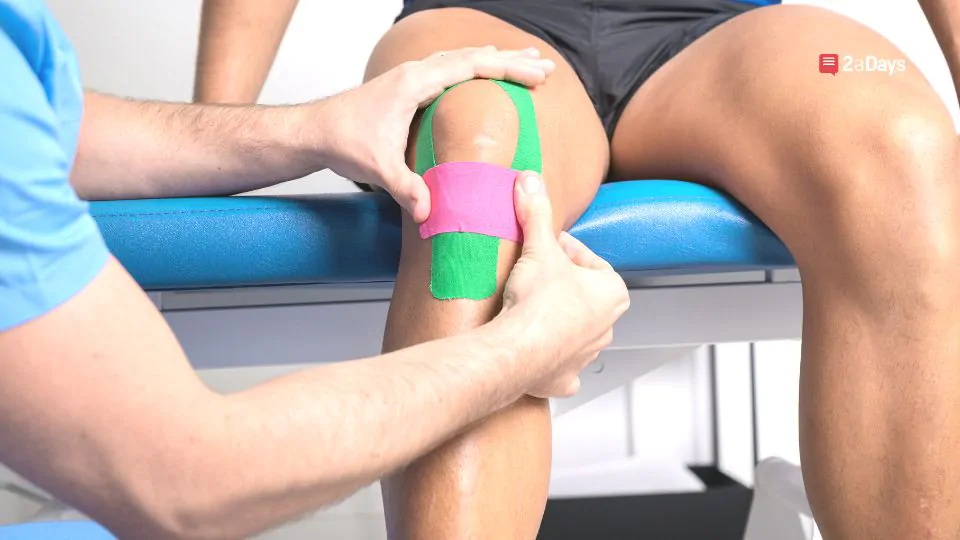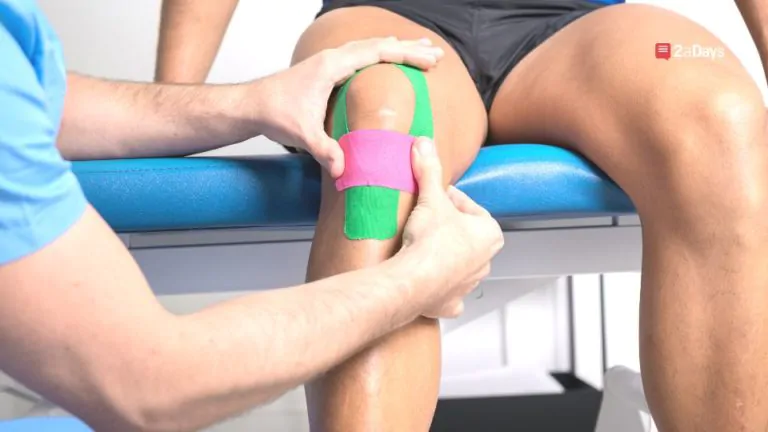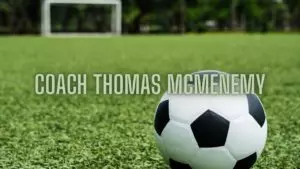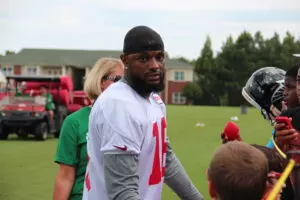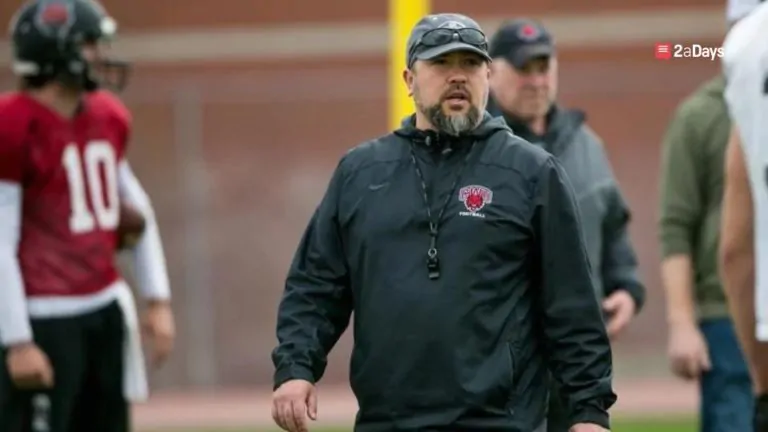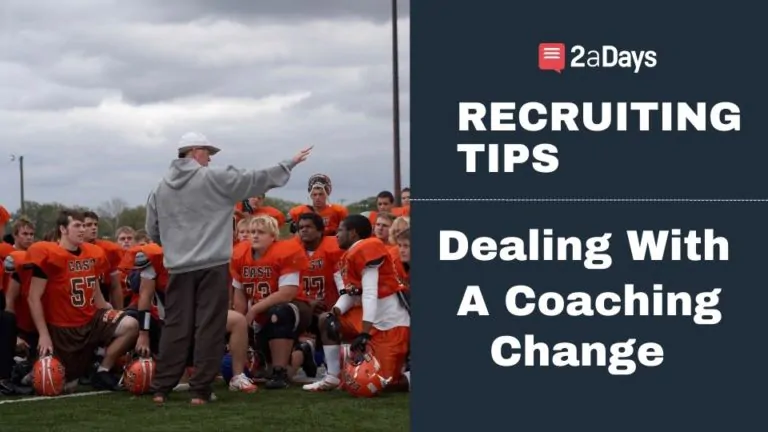Jeremy Madrid worked as an athletic trainer at Villanova University and although he works with all athletes, he's most directly involved with the field hockey and football teams. In this interview, Jeremy tells us how athletes in all sports can prepare themselves for intense training, and how to minimize the risk of injury.
- Can you explain your experience as an athletic trainer?
As far as being an athletic trainer it comes down to providing the best care you can, and educating student-athletes to give them a good idea/perspective of where to go forward and how things work. In regards to preseason, during the season, and postseason, it comes down to giving the right guidance as far as it goes for nutrition, taking care of the body, and making sure rehabs have kept up with it.
Related: Rate Villanova University
- What are some of the most common overuse injuries you see?
It varies from sport to sport. Field hockey is always back. The most common from sport to sport is probably going to be an ankle sprain.
- What should athletes be doing as preventative measures before activity?
Either before practice or the game, getting a decent meal before. Usually, you should consume a meal two to three hours before to digest, [and] staying hydrated is the biggest one the day before and coming hours all the way to game time/ practice time. Foam rolling and stretching in warm-ups to make sure you guys are prepared by the time you need to go.
- What about after activity?
The most critical time is after practice and after games–that's where you need to rehydrate and refuel your body to make sure you let your body recover. Hydration is the biggest one. A typical rule of thumb is someone will usually lose about 2% of their body weight, but that varies from person to person, but that has to be consumed again in order to have desired effects of returning back to play with the proper amount of recovery.
For recovery, [focus on] things like foam rolling and stretching. Ultimately it is the hydration and refueling to get carbs back into you so your body can continue to run. From a trainer's standpoint, typically it'll be like a recovery bath and other alternative methods to facilitate the speed at which you recover.
Related: Top 6 Best Foods for Muscle Recovery
- What about in-between activities when you might have more than one session a day?
[If you have] more than one practice a day, you have to make sure you're doing everything in regards to hydration and the first practice. In between, you still have to make sure you're managing to eat something two hours before the first practice, hydrate throughout the first, rehydrate between practices, and a decent amount of carbs as fuel for the next practice. Depending on if it's hot outside or even cold outside the ability to possibly switch out practice/game gear so your body can stay cool. Anything from normal stretching to foam rolling to making sure you're prepared again for the next practice.
Related: Freshman Year Student-Athlete Preseason Expectations
- Should athletes be scared to come to their trainers with potential injuries?
The answer should be no because the longer you prolong an injury, the longer you can be out. No one wants to be out regardless. You shouldn't be scared to tell your trainer to get you back faster and possibly back to better than before you had the injury.
- How do athletes make sure they're warming up properly before activity?
Prior to activity is where it comes in for the education portion from strength and conditioning coaches and athletic trainers. Make sure you're not just doing static movements – sitting there touching your toes. You want to do a dynamic warmup where your body is moving, getting blood flow to the entire body to prep for practice and games.
Related: Rate your Coaches, Facilities, and Campus Visits
- Is there anything athletes should know coming into their freshman year?
I would say it would be to talk with your upperclassmen. See what their experiences were like. At the same time don't be afraid to come to see an athletic trainer. Ask lots of questions. Your biggest thing is a lot of paperwork before you can even participate, so don't be annoyed if you can't participate right away. Overall, ask a lot of questions even if you think you might know the answer. It's better to be educated on the why.
Have a story idea or know an awesome athletics staff member we should interview? Email us at [email protected]
* Originally published on August 16, 2022, by Claire Borman
